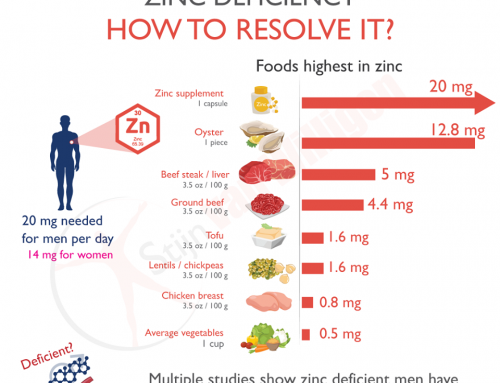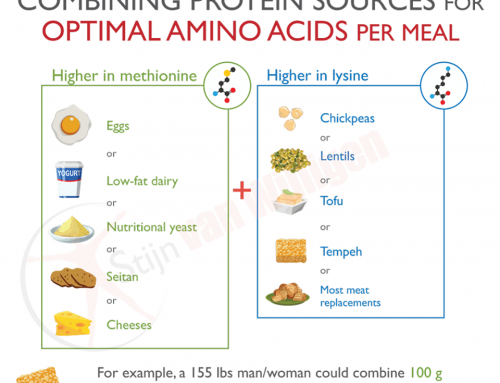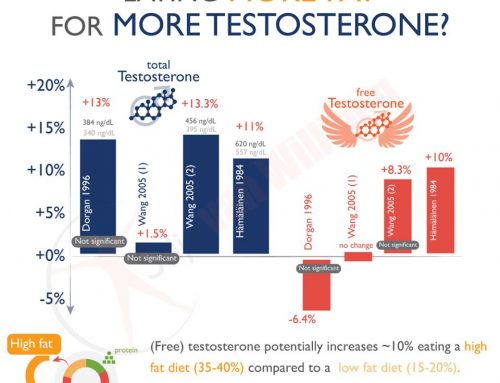The protein in grains has low quality, but protein in meat has high quality. Really?
What the heck is “protein quality”, anyways? Is it a myth, just like ‘clean eating’?
The protein quality of a food refers to how many amino acids your body can actually harvest from it.
The diversity of amino acids in a protein source is one component of protein quality, also called the ‘amino acid profile’. The second – less talked about – component is digestibility.
Protein digestibility determines how easily the body digests amino acids to end up in the bloodstream, readily available for muscle growth.
Some – often more (heat) processed – protein sources digest very well, such as cooked meats, (vegan) protein powders, and processed foods in general. Others don’t digest as well (but still pretty good!), such as plant protein sources.
This is mainly because they contain a lot of anti-nutrients, that get destroyed with processing.
This doesn’t mean more processed means better for health, it just means we have to be aware that we may need to eat more protein from plant sources to get an optimal amount of amino acids for muscle growth.
In general, we could say that protein digestion is ~23% better on a meat-based diet compared to a plant-based diet [Rosado 1992, Kniskern 2011].
Find out how much protein you really need when you eat less meat in our recent article:https://bodylogiq.org/en/





Thanks for sharing!
Really informative and helpful blog.
You’re welcome. Glad to read that.